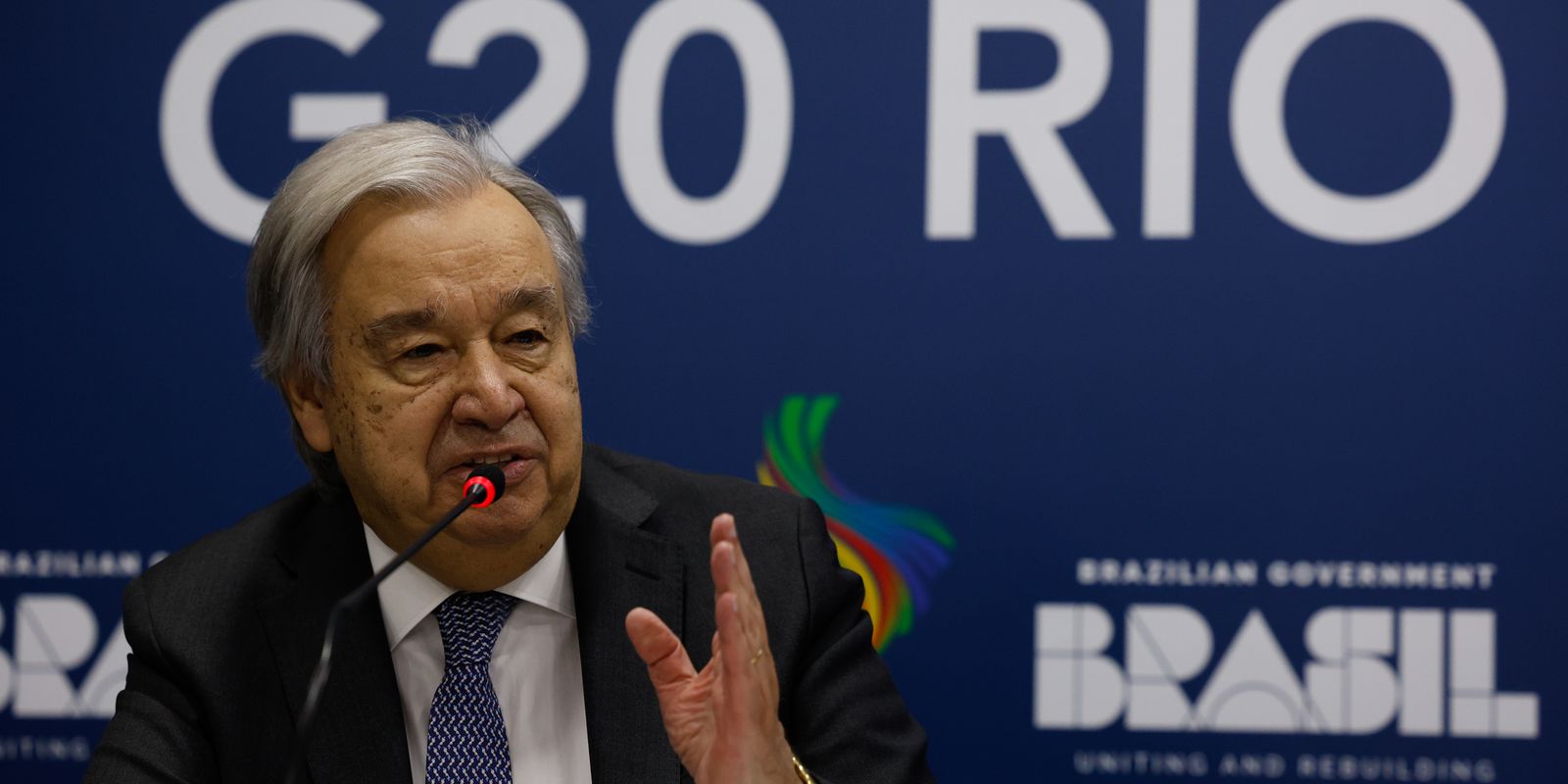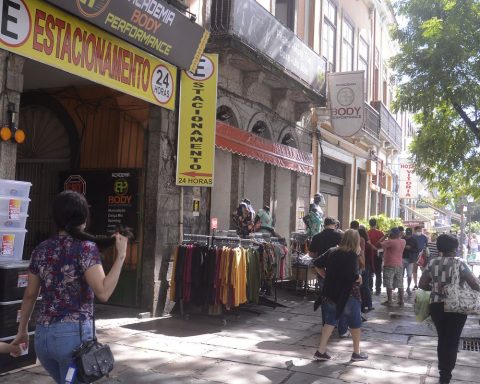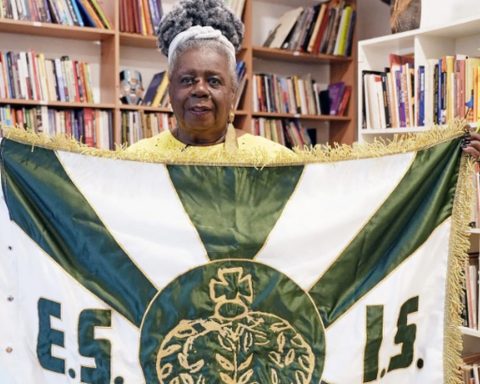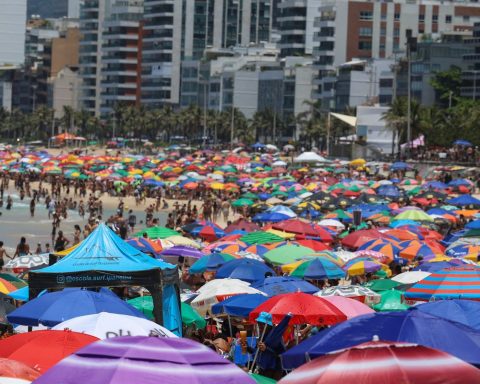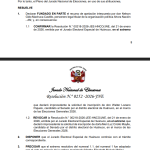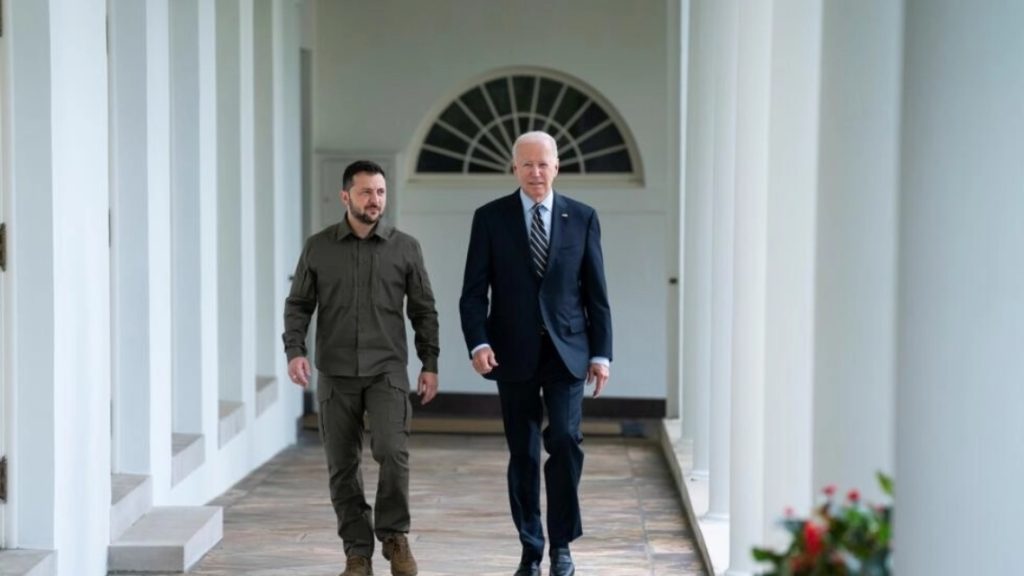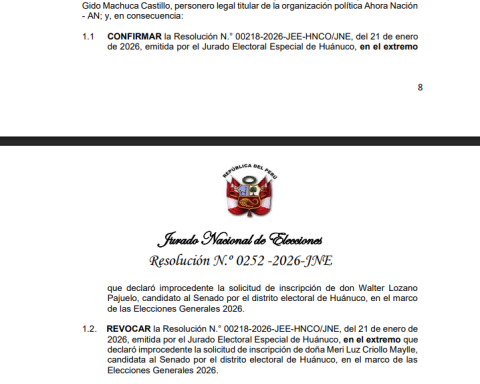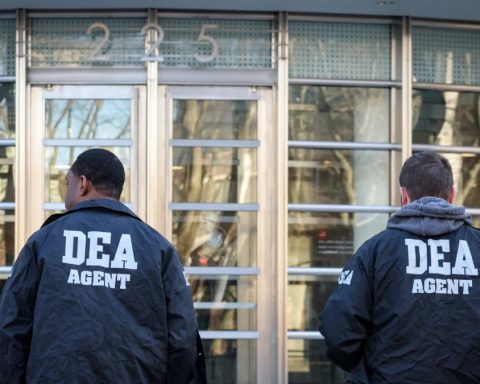The secretary-general of the United Nations (UN), António Guterres, said this Sunday (11) that the G20 countries need to seek consensus and not divisions, if they want to move forward in reducing global inequalities. The statement was made when asked about Argentine president Javier Milei, who opposes multilateralism, climate agreements and, recently, was the only one to vote against a UN resolution to end violence against women and girls. Milei’s Argentina is one of the countries that will be present at the G20 Summit, in Rio de Janeiro, on Monday (18) and Tuesday (19).
“The 2030 Agenda had consensus among all countries in the world and is the clear path to confront the tremendous inequalities and injustice that exist in the world. And, therefore, I make this appeal to all countries, now that negotiations are underway of the G20, so that they have a spirit of consensus, so that they exhibit common sense and that they find the possibilities to transform this G20 meeting into a success, with decisions that are relevant to the international order. If the G20 divides, it loses importance at the level. global. And, from my point of view, it is something undesirable for a world that already has so many geopolitical divisions”, said the secretary-general.
One of the concerns in the G20 is regarding the influence capacity of Donald Trump, president-elect of the United States, who shares Milei’s political thinking, and can turn to his allies to defend dissenting ideas during the Summit debates. When asked how countries should prepare for the Trump administration, which begins next year, Guterres said that the best path is to maintain and reinforce global dialogue.
“The main thing is to recognize the importance of multilateralism and institutions. If countries do this at the level of the United Nations, at the level of international laws, and adopt a minimum dialogue, and if they are skilled in all these areas to make a strong fight in favor of multilateralism, this is the best possible response”, said the secretary.
António Guterres held a press conference this Sunday in the space at the G20 press center, next to the Museum of Modern Art in Rio. He spoke about other topics such as the wars in Ukraine and Palestine, the climate crisis and the need to reform the Council of UN Security.
Climate crisis
“I’m coming from COP 29, in Baku, Azerbaijan. On this journey I have seen and heard concerns about the climate crisis. The year 2024 should be the hottest in history. We see the impacts everywhere. And we don’t need to go far The drought in the Amazon and the floods in southern Brazil are striking examples of this.”
“Now is the time for the largest economies to lead by example. Failure is not an option. There are many challenges, but there are also many possible solutions. This is crucial to restoring trust and legitimacy to the global system.”
United States and climate
“It’s obvious that the United States is important to containing the climate crisis. But the United States is a federal country and a market economy. And all the signals given by the market today are towards prioritizing greener and cheaper sustainable options for produce energy. So I’m confident that the dynamism of the American economy and American society will move in the direction of climate action, while recognizing that the influence of governments today is much less than it has been in the past.”
Security Council
“The Security Council corresponds to the world of 1945. To give an example, there are three European countries that are permanent members of the Security Council. There is no African country, nor Latin American country. It does not correspond to the world of today, And it has revealed a great ineffectiveness due to political divisions. And there is a problem of legitimacy because it does not represent the reality of our times. There is a need to reform the Security Council. Global South, permanent or not, and with a review of the working method so that it can be more effective. The reform of the Council is one of the essential pillars of changes so that we can have a fairer world.”
Palestine
“On the Middle East, I believe we cannot have double standards. We have to apply the same principles everywhere. We have to apply international law. And in the Middle East we need peace, but peace in a way that guarantees the rights of Palestinians, as well as the rights of Israelis, to have two states living in peace and security. And at the same time, we need to address the immediate crisis. We can condemn the Hamas attack, but recognize that they do not justify the. collective suffering of the Palestinian people. There is a need for an immediate ceasefire and effective humanitarian aid in Gaza.”
